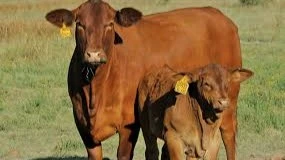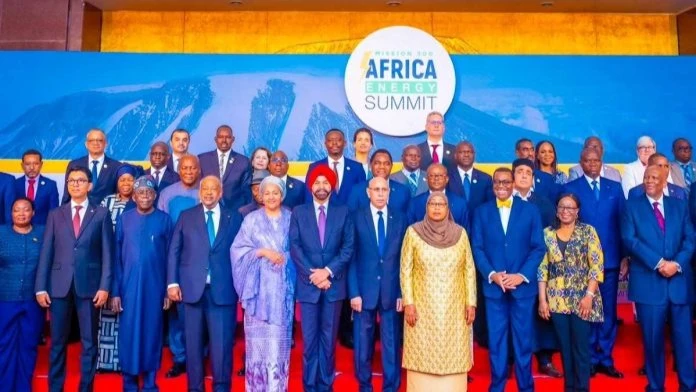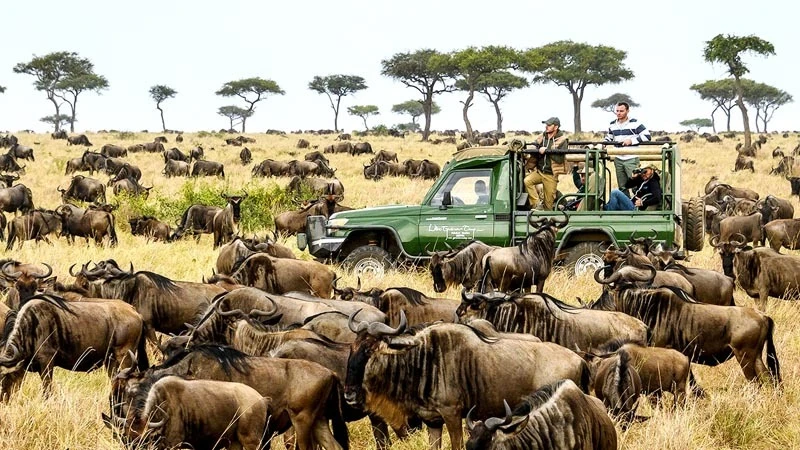Crossbreeding techniques usable after herders are properly settled

APPEALS to the National Ranching Co. (Narco) to intensify research and programmes for producing quality crossbred livestock to enhance the country’s dairy and meat industry are not new.
There was a time the leadership expected that this would ably be conducted by public entities set up for the purpose.
However, as running such organisations proved particularly challenging, taking the role of trail blazing for improvement of types of breeds in meat or dairy is seen as more useful.
Yet the major impediments remain, in gross income potential and productivity.
Each cabinet minister handed that portfolio has to figure out what could be done to fast-track action on the public agenda in that direction.
This may well be in line with what the recently appointed sector minister had in mind while on a tour of the big-name Kongwa Ranch in Dodoma Region only the other day.
The minister found the time to discuss issues with veterans in the sector eager to hear what new directions she may have or whether conclusions have been reached as to what the sector is doing and ought to do, not to specifically speak of the particular ranch. The main themes the minister adopted were crossbreeding and improvements in fodder production.
Such improvements in the livestock sector are doubtless critical for ensuring a steady supply of quality meat. However, the issue is whether this is something the government is telling public officials in national ranches or this includes the wider livestock sub-sector.
Given the long years of interest in meat supply to the Gulf zone and a bourgeoning supermarket network in our own major cities, specialised breeding for meat can attract a range of investors, if only gradually. Yet the minister’s concern wasn’t just urban meat or exports.
The minister meanwhile pointedly recommended that Narco focus more on crossbreeding to enable local livestock keepers to compete better in international and regional meat markets.
True, livestock keepers may not know much about meat markets at the regional or international level, as that is the concern of cattle buyers in local markets.
It is the latter who know the size of the local market and who in, say, the Gulf is ready to buy Tanzanian meat – and from which source.
Ministerial leaders or regulators may wish to speak in broader terms on the meat and dairy issue than is actually the case. For example, increasing profits for the sector is a multifaceted issue, as profit is one thing for a local livestock keeper and a ranching firm, not to speak of local meat sellers and supermarket stockists in contrast to exporters.
The issue of quality cattle via crossbreeding might not be that relevant for local livestock herders, as their interest is survival of the cattle in the usually rudimental conditions in which they migrate or graze.
Additionally, they hold cattle as viable security for unforeseen needs – including as ready sources of revenue to expedite access to pasture for their herds.
In a word, issues are so complex and intertwined here that it is sure to takes immense thinking and strategising to steer the boat as appropriately and profitably as practicable.
Top Headlines
© 2025 IPPMEDIA.COM. ALL RIGHTS RESERVED

















